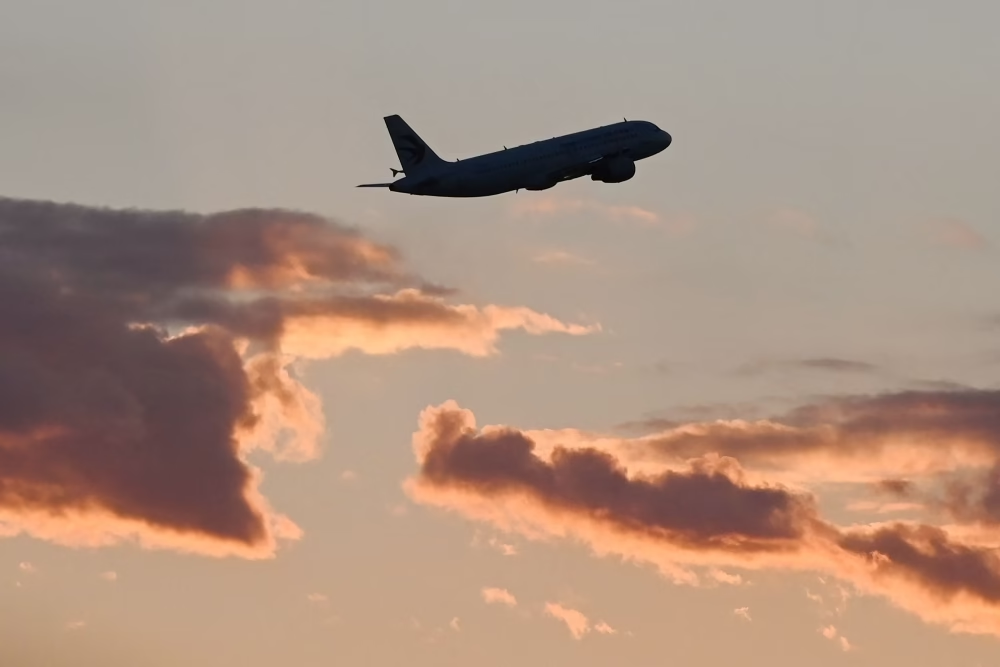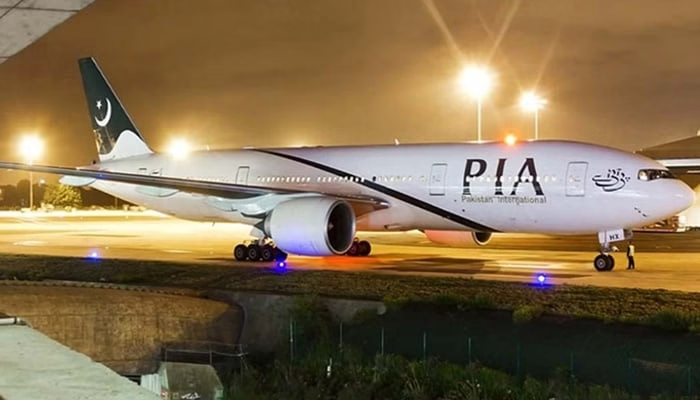In a major move to enhance in-flight safety, Chinese authorities have announced a ban on uncertified power banks aboard all domestic flights, following a rise in fire-related incidents involving lithium batteries.
In a statement issued Wednesday, the Civil Aviation Administration of China (CAAC) said that starting June 28, passengers will no longer be allowed to bring power banks on board unless they have valid China Compulsory Certification (3C). Devices with unclear labeling or links to previously recalled models will also be banned.
The decision comes after growing concerns over battery-related hazards, particularly following two large-scale product recalls this month.
Shenzhen-based Romoss was ordered to recall nearly 492,000 units of its 20,000mAh power banks after multiple fire risk reports from universities across China. The recalled devices were manufactured between June 2023 and July 2024.
Similarly, tech brand Anker Innovations recalled around 710,000 power banks globally on June 20 due to risks associated with faulty battery cell materials.
The CAAC noted that since the beginning of 2025, several flights have reported lithium battery devices overheating, emitting smoke, or catching fire mid-air — posing serious safety threats given the limited firefighting capabilities onboard.
Although 3C certification for lithium-ion batteries becomes officially mandatory from August 1, the CAAC’s directive will go into effect earlier, meaning uncertified power banks purchased before the deadline are now also banned.
This measure adds China to a growing list of regulators tightening rules around battery-powered devices on flights. Airlines such as AirAsia, Malaysia Airlines, EVA Air, and Hong Kong’s Civil Aviation Department have all issued advisories in recent months restricting the use or storage of power banks during flights.
According to aviation safety expert Zhang Wei, the CAAC’s proactive step reflects global best practices.
“Lithium battery fires are notoriously difficult to handle mid-flight. These new rules are necessary to reduce risk and are aligned with international aviation safety standards,” Zhang said.
The move is also being seen as part of a broader crackdown on substandard electronics amid rising use of personal tech gadgets and portable chargers in everyday travel.



